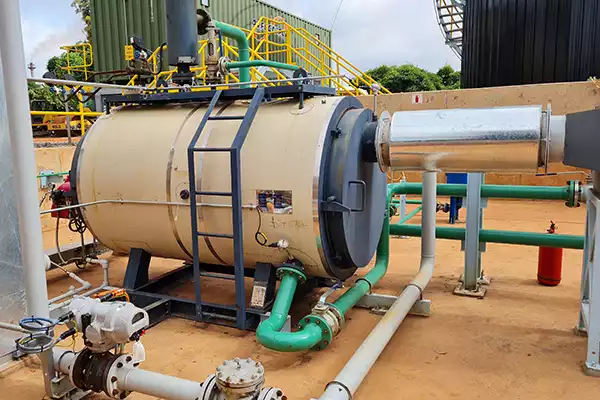
When you think of an electric boiler, you may be imagining a device that uses electricity to heat water. In reality, electric boilers are much more efficient and can be used in many different industries.
What is the boiler efficiency rate?
A boiler efficiency rate is a measure of how much energy is converted to useful work. The higher the boiler efficiency, the less fuel you’ll need to produce the same amount of steam or hot water. Boilers with an efficiency rating above 90 percent are considered very efficient; those with an efficiency below 80 percent are considered inefficient.
Boiler Efficiency = Useful Energy / Total Energy
Boiler Efficiency = [Heat Output / Fuel Input]
What is the standard for boiler efficiency?
The efficiency of a boiler is measured by its ability to convert energy into heat. The higher the efficiency, the better for you and your wallet! But what exactly does this mean?
The easiest way to understand it is with an example: Let’s say you have two boilers that are identical in every way except one has an efficiency rating of 80% while the other has 90%. That means if both boilers were working at full power 24 hours per day (which they never would be), then after one year of use:
The 80% efficient boiler would have used 1,600-kilowatt hours (kWh) of energy to heat your home. The 90% efficient boiler would have used only 1,200 kWh of energy to do the same thing!
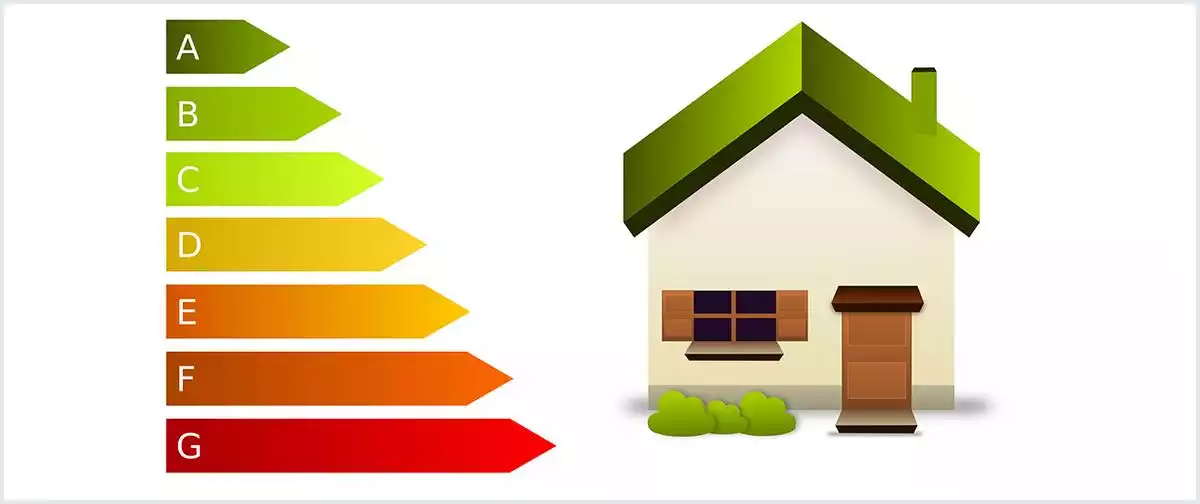
How do you calculate the efficiency of an electric boiler?
The efficiency of an electric boiler is measured in percent, and it’s the ratio of sound energy output to total energy input. There are no standards for calculating efficiency; you can use any method you like as long as you’re consistent with your calculations. The most common way to calculate efficiency is by dividing sound energy output by total energy input (EOU/TEI).
Why are electric boilers more efficient?
Electric boilers are more efficient because they use less fuel to heat the same amount of water. In addition, they don’t lose energy through steam and don’t have a flame that can ignite.
What is the most energy efficient electric boiler?
When it comes to electric boilers, there are a few things that you should be looking for. First and foremost, you want your boiler to be a condensing model. Condensing boilers use less energy than standard boilers because they can recover the heat from wastewater and send it back into your home without losing any points in the process. This means that over time your condensing boiler will save you money on heating bills!
If you’re looking for an efficient electric boiler then look no further than our range of high efficiency rated models which offer outstanding performance at an affordable price point.
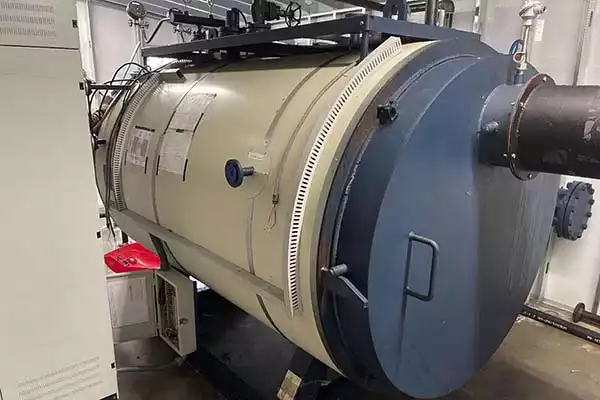
How efficient are industrial electric boilers?
Industrial electric boilers are available in a variety of sizes and configurations. The most common types are open-circuit or closed-circuit, with water temperatures ranging from 200F to 1000F. The higher the temperature, the more energy is required to heat it; therefore, industrial boilers will generally use more electricity than residential boilers.
The amount of water produced by an industrial boiler depends on its size and output capacity (how much steam it can produce). A typical industrial boiler that produces 100 pounds per hour (lb/hr) will have an output capacity between 30000 – 50000 BTU/hr., which means that if you run this type at full power all day long then during those 8 hours there would be enough heat generated by your system that could potentially evaporate into steam over 3500 gallons!
Are electric boilers 100% efficient?
Electric boilers are not 100% efficient. The efficiency of an electric boiler depends on its size and type, as well as the energy source that it uses.
For example, a large industrial boiler may have an efficiency as high as 98%. This means that only 2% of the energy used to heat water goes to waste in the form of heat loss or other forms of energy conversion that don’t help with your home’s heating needs. On the other hand, smaller residential boilers tend to run closer to 90% efficiency–still pretty good!
Conclusion
We hope this article has helped you understand how to calculate the efficiency of an electric boiler. We also want to reassure you that while electric boilers are more efficient than their gas counterparts, they’re not 100% efficient. The main reason for this is that electricity doesn’t always produce heat at 100% efficiency either (unless it’s nuclear power). However, if we look at average efficiencies across all types of heating systems, electric heating systems tend to be around 20% more efficient than gas ones!








 Get FREE Local Boiler Quotes today
Get FREE Local Boiler Quotes today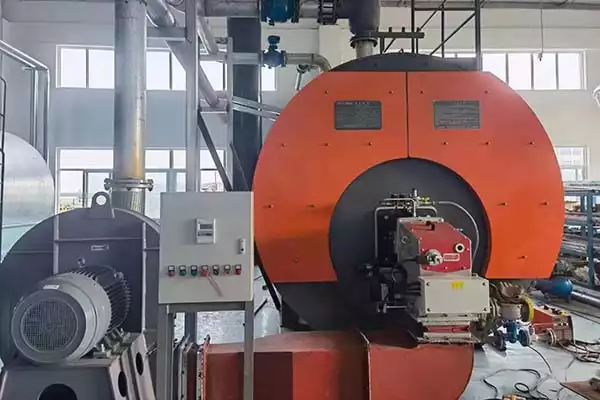
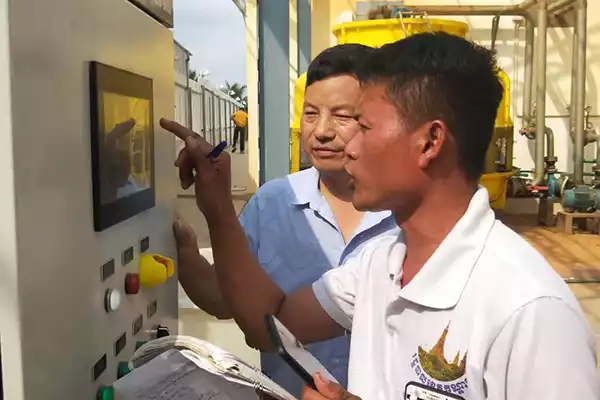

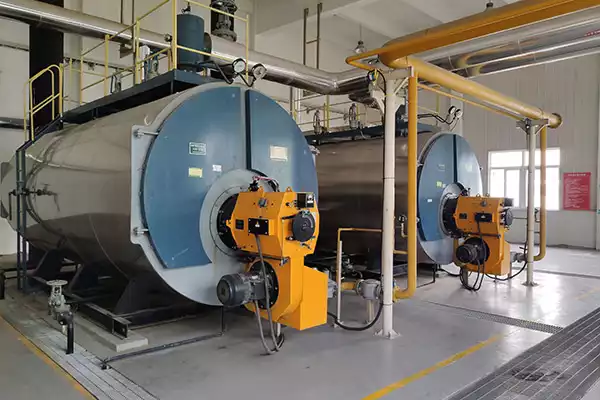
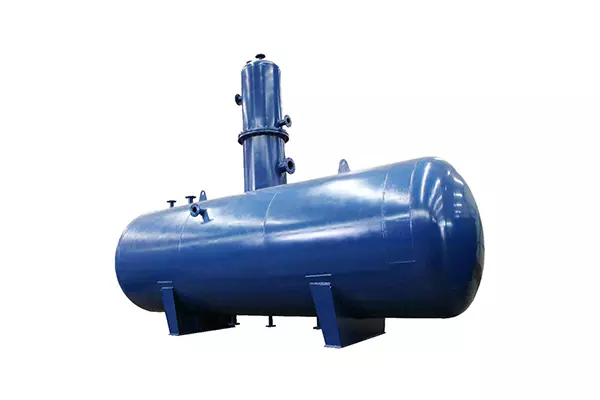
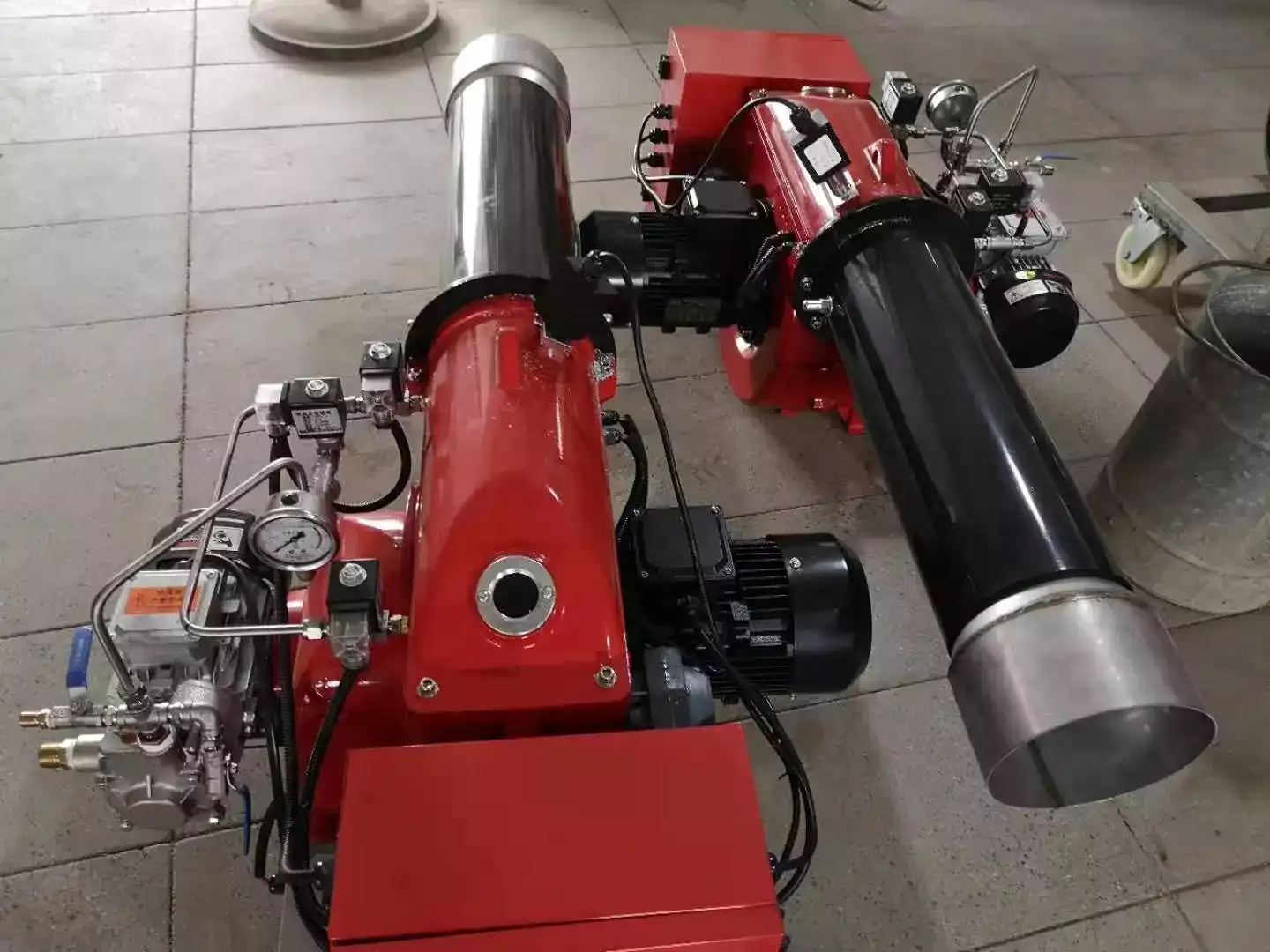
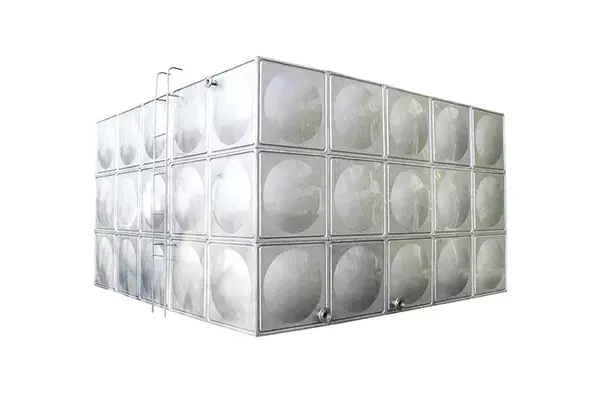
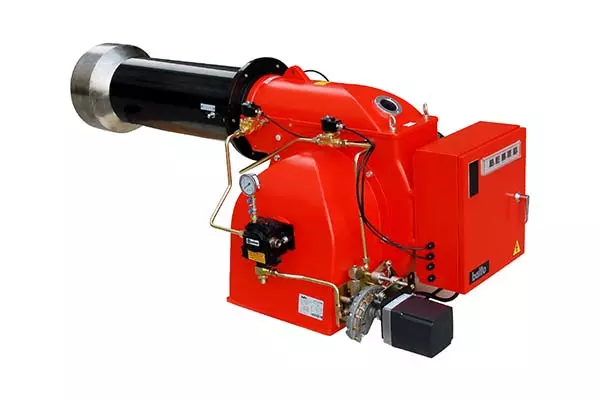



View Reviews of our Customer
"I purchased a Fangkuai steam boiler for my factory and it has been working flawlessly for months now. The quality of the materials and the construction of the boiler are impressive. It is also very energy efficient, which has helped us save money on our energy bills. I highly recommend Fangkuai's products to anyone in need of reliable and efficient heating solutions."
John
USA"I am very impressed with the quality of Fangkuai's hot water boiler. It is built to last and has exceeded my expectations. The installation process was also very smooth and the customer service was excellent. The hot water boiler is very easy to operate and maintain, and the energy efficiency is remarkable. I highly recommend Fangkuai's hot water boilers."
Jack
Australia"The steam generator from Fangkuai is perfect for my small business. It is very easy to use and requires minimal maintenance. It is also very energy efficient, which has helped me save money on my energy bills. The customer service at Fangkuai is also excellent. They are very responsive and always willing to help. I highly recommend Fangkuai's steam generators."
Ahmed
Egypt"Fangkuai's steam generators are excellent. They are very easy to use and require minimal maintenance. The customer service at Fangkuai is also exceptional. They are very responsive and always willing to help. The energy efficiency of the steam generators is also remarkable, which has helped me save money on my energy bills. I highly recommend Fangkuai's steam generators."
Maria
Spain"The steam generator from Fangkuai is perfect for my small business. It is very easy to use and requires minimal maintenance. It is also very energy efficient, which has helped me save money on my energy bills. The customer service at Fangkuai is also excellent. They are very responsive and always willing to help. I highly recommend Fangkuai's steam generators."
Ahmed
Egypt"The thermal oil boiler from Fangkuai is very easy to operate and maintain. It has helped us save time and money on maintenance, which has led to significant cost savings. The quality of the materials and the construction of the boiler are exceptional. It is also very energy efficient, which has helped us save money on our energy bills. I highly recommend Fangkuai's thermal oil boiler ."
Allen
Brazil"I purchased a Fangkuai steam boiler for my factory and it has been working flawlessly for months now. The quality of the materials and the construction of the boiler are impressive. It is also very energy efficient, which has helped us save money on our energy bills. I highly recommend Fangkuai's products to anyone in need of reliable and efficient heating solutions."
John
USA"The hot water boiler from Fangkuai is amazing. It heats up quickly and efficiently, and the water stays hot for a long time. We have never had any issues with it and it has made a significant improvement in our daily operations. The installation process was also very smooth and the customer service was excellent. I highly recommend Fangkuai's hot water boilers."
Sarah
Canada"Fangkuai's auxiliary equipment has made my boiler system even better. The quality of the equipment is exceptional and the prices are very reasonable. The equipment has helped improve the efficiency and performance of my boiler system, which has led to significant cost savings. I highly recommend Fangkuai's auxiliary equipment to anyone in need of high-quality boiler accessories."
Maryk
UK